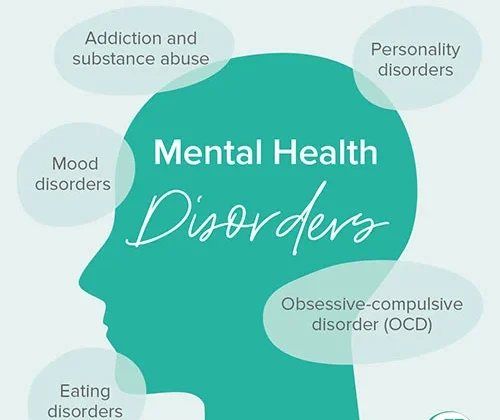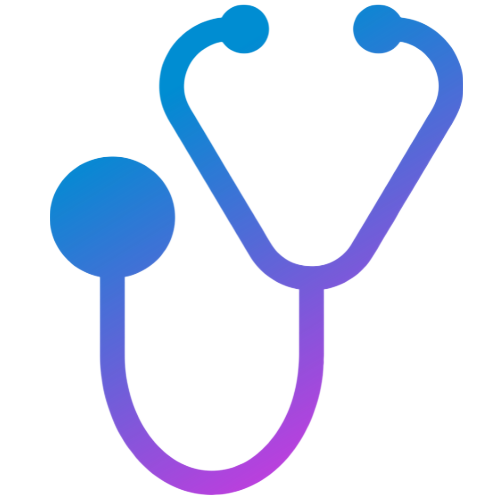In the modern day where about 280 million people in the world is having the depression, it is almost 3.8% of population and it is still increasing. This generation are mostly dealing with the bad level of depression and reasons can vary from person to person as everyone are facing their own difficulties in life. The is need to look after their Mental health.
How To Determine Level Of Care For Mental Health
The importance should be given to the mental health of each person of any ages and all genders. The following ways can help you to know how to determine level of care for mental health:
Outpatient Services
The people grappling with mild to moderate mental health issues, outpatient care serves as a valuable option. Outpatient care includes regular therapy sessions with mental health professionals, such as counselors, psychologists, or social workers. This level of care enables individuals to maintain their daily routines while receiving expert guidance and support. By allowing patients to return to their homes after sessions, it minimizes disruptions in their lives, making it a convenient and effective choice for those with manageable conditions.
Intensive Outpatient or Partial Hospitalization Programs
The situations where traditional outpatient care falls short, more structured and intensive programs come into play. Intensive outpatient or partial hospitalization programs provide comprehensive therapy and support, often on a part-time basis. These programs offer a balanced approach, where individuals attend therapy sessions during the day and return home in the evenings. This setup is especially beneficial for those requiring more structured assistance and monitoring but still wish to maintain some independence.
Inpatient or Residential Treatment
People dealing with severe mental health conditions that pose a significant risk to themselves or others, inpatient or residential treatment may be necessary. Inpatient care involves 24/7 supervision and treatment in a hospital or specialized residential facility. This level of care is crucial for situations where immediate intervention is essential to ensure safety and stabilization. It offers an environment where individuals can receive intensive treatment and support until they are ready to transition to lower levels of care.

Crisis Stabilization
In the emergency case where there is an immediate risk to an individual’s safety or well-being, crisis stabilization services come into play. These services, often provided within psychiatric hospitals, aim to offer short-term intensive care. The primary objective is to address the immediate crisis and stabilize the individual’s condition. Once the crisis is resolved, individuals can then transition to other levels of care as needed.
Medication Management
In the realm of mental health care, medication management plays a pivotal role. It is especially crucial when dealing with conditions like depression, anxiety disorders, or bipolar disorder. A trained psychiatrist is instrumental in assessing an individual’s specific medication needs, prescribing the appropriate drugs, and overseeing their impact. Ongoing monitoring is a key part of this process, ensuring that the medication is effectively addressing the person’s mental health condition and making necessary adjustments to mitigate any potential side effects. This meticulous management of medication contributes significantly to an individual’s overall mental well-being and their journey towards recovery.
Peer Support and Community Services
The Peer support programs and community services, facilitated by individuals with lived experience of mental health challenges, have emerged as valuable resources. These programs foster a sense of community and provide a support network for individuals in their ongoing journey of recovery. Peer support is based on the principle of shared experiences, where individuals who have walked similar paths can offer unique insights and empathetic assistance.
Self-Help and Education

The Mild mental health concerns or everyday stressors can often be managed effectively through self-help resources, educational materials, and lifestyle adjustments. Many reputable organizations and mental health institutions provide valuable educational materials and online resources.
These materials empower individuals to better understand and cope with their conditions, ultimately promoting self-awareness and resilience. While self-help approaches are suitable for mild concerns, it’s essential to recognize when professional intervention is necessary and consult them.
Self care and caring for others is the ultimate solution to make others feel good during and improve mental health. Talking with them, knowing the problem they are facing in life can make them relax as there are people who don’t get to share things. Spread the positivity in the world as the world is in need of it.


7 thoughts on “How To Determine Level Of Care For Mental Health”